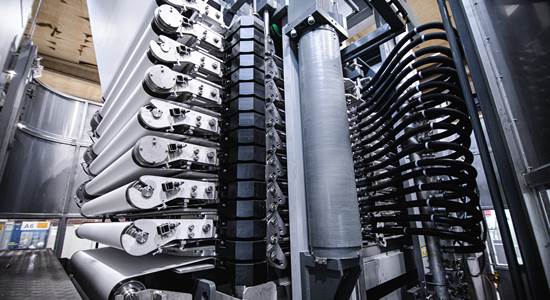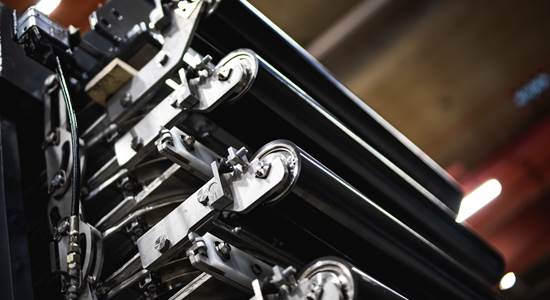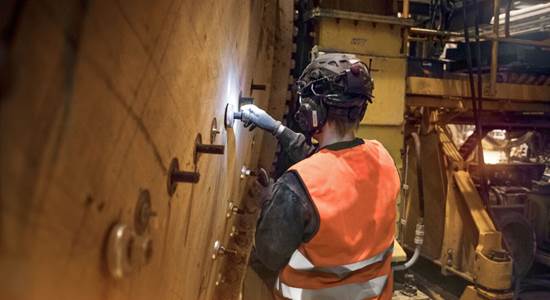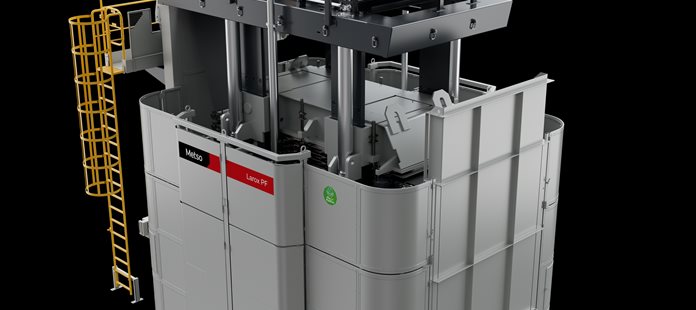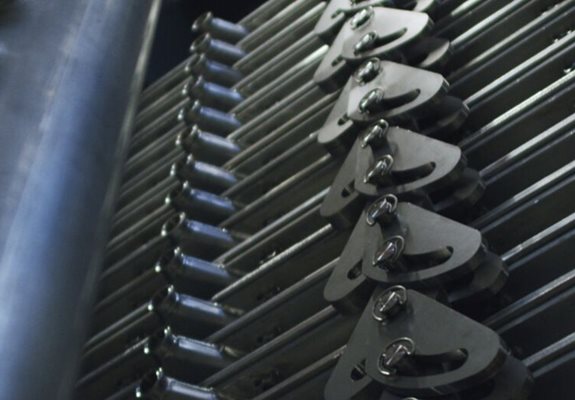
Parts that perform better and last longer to help you reach your sustainability targets
Manufactured according to strict quality controls, dimensions and materials
Effective pressure transference to avoid leaks and unplanned shutdowns
A range of materials available resistant to pH ranges and chemicals
Various materials available to suit different applications
- Manufactured with robust material
- Diaphragm standardization
- Suitable for a variety of applications
- Increased quality and extended lifetime
- Decreased leakages
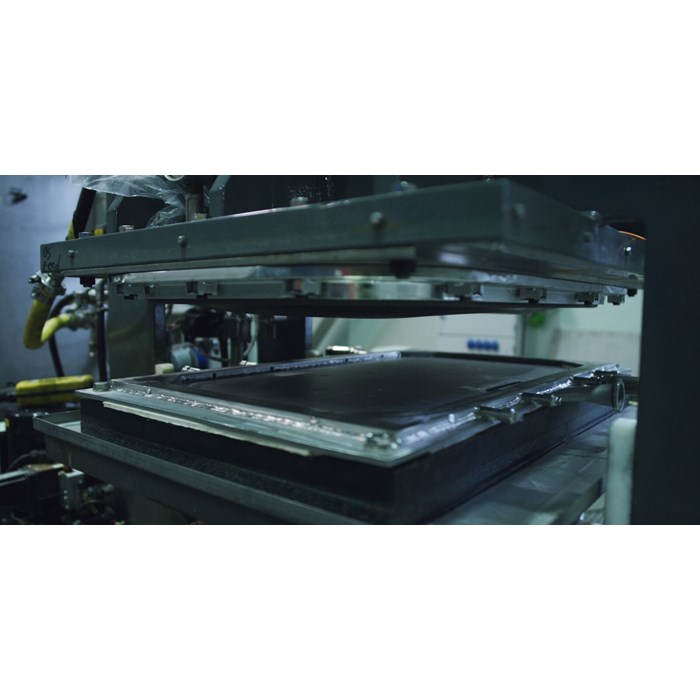
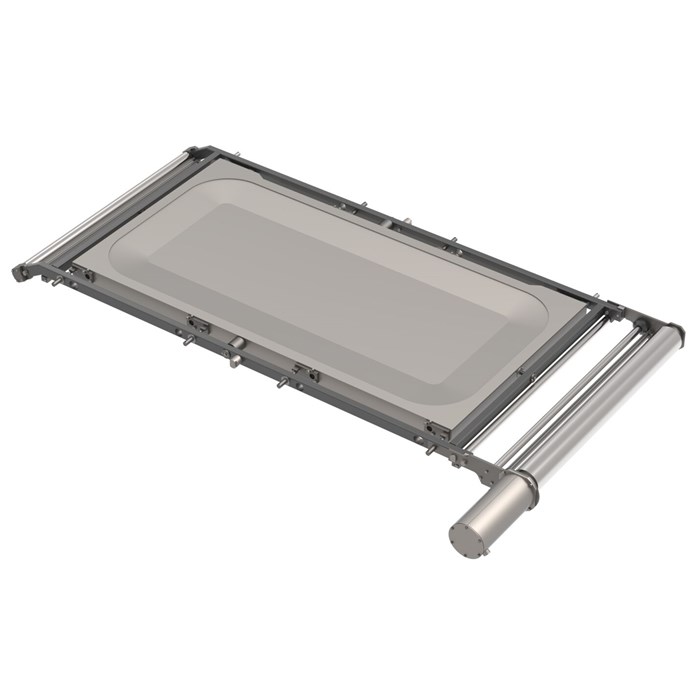
Larox Pf filter diaphragms are suitable for all mining and metals applications and Chemical Process Industries.
For special applications, a range of materials other than NR can be used to ensure robustness against other pH ranges and chemicals.
